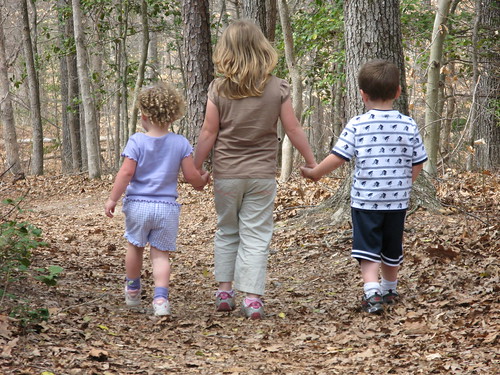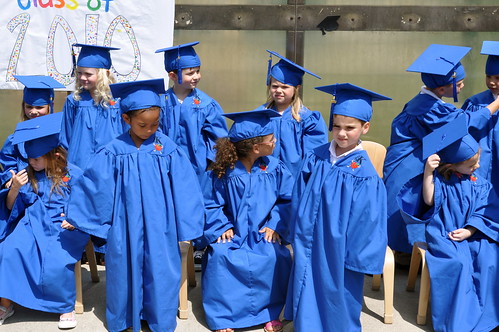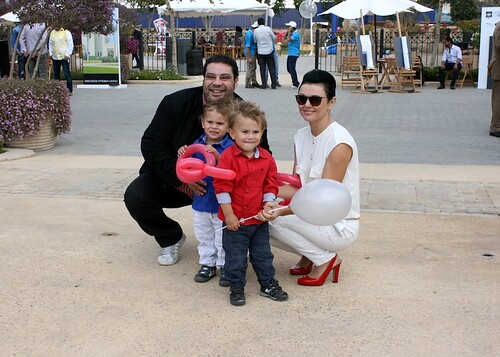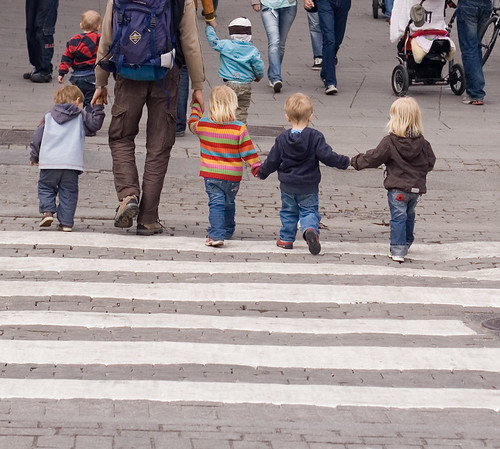Collaborative Attorney Carl Arnold had the opportunity to speak with experienced
Neutral Child Specialist Deborah Clemmensen. Carl Arnold asked Deborah Clemmensen about her role as a Neutral Child Specialist and the conversation was recorded. The audio and the the transcript of the interview are available below.
Interview with Deborah Clemmensen about the role of a Neutral Child Specialist.
Begin transcript:
My name is Carl Arnold, with Arnold Law and Mediation. I’m a Minnesota family law attorney and mediator and I’m here with Deborah Clemmensen. She’s a licensed psychologist and neutral child specialist.
Carl: Hi Deborah.
Deborah: Hi Carl.
Carl: So, we’re here to talk with Deborah today about being a neutral child specialist and her services in that regard. Why don’t you tell us a little bit about your background in working with kids.
Deborah: I’m happy to. I’ve been a licensed psychologist since the late ’70’s and I’ve worked in schools and community mental health centers…and for the last 11 years, I’ve provided neutral child specialist services to help families have a child-inclusive, respectful process to developing parenting plans when they’re going through a divorce or breakup. It’s a very satisfying type of work.
Carl: Well, let’s get right to it and say what is a neutral child specialist? How do you define that and what do you do?
Deborah: Good question and I’ll tell you how I explain it to new clients and sometimes to the kids that I work with. Neutral means that I never appear in court, that I have the capacity to work with people in problem solving and interest based negotiation without having to be in court or testifying or doing any of the things that are involved with the court process. Child specialist means that I have a chance to work with everyone in the family and find out the point of view of all the folks who, not elders and pets, of course, but all the points of view of children and parents to understand what would be the most developmentally appropriate resolution for parents moving forward after their divorce or breakup.
Carl: What is the benefit of this service compared to other ways that a family may go through a divorce or separation process?
Deborah: Well, I am just a part of the divorce. I’m the parenting plan part of a divorce, so I can help people to create a road map for how they’re going to move forward as co-parents without having to be in any sort of adversarial process. I think the neutrality is a big help. We can get right down to business and problem solve and think about the developmental needs of children in the family. I think having it be child-inclusive means that kids get some support during a very difficult time. Divorce or breakup is a crisis for a family and to be able to provide kids with an opportunity to share their point of view, someone who’s listening, and to know that that’s going to be part of problem solving that their parents will do. Their parents will hear what I’ve learned from the kids. I think it helps kids to feel a little bit safer moving forward so that strategic support is very important. And I think that having a neutral look at what are the ages and stages of the kids and what do they have to say about how this could work best for them moving forward is invaluable. I have learned a ton from the kids that I’m working with.
Carl: What would be a typical step-by-step part of the process? How does it start? When does it start? What’s the first step and so on?
Deborah: Good question. I believe that having a child specialist on board from the very beginning can be helpful because we anchor the work in the developmental needs of the kids and what’s best for the family system. I like to work with parents from the very beginning. Many parents come to me with the question of how do I talk to my children, how to we talk to our children about what’s going to be happening to our family. I love to help parents create developmentally appropriate “we” statements that they can share with the kids to start that journey.
My process begins with a joint meeting with parents and it’s focused on their kids, getting developmental histories, understanding what the parents’ concerns are moving forward and from that point, it sort of branches off based on the ages and stages of the kids. If the kids are in preschool, we might have a joint family playroom meeting just so I get to know the kids, experience them firsthand and provide that kind of support. We may, at that meeting, talk about what’s happening in the family and give them some grounding. I tell parents to describe me as the helper advocate for kids. If kids are school aged and older, then I do have a structured process: two meetings, one with the siblings together and one with each child independently and we do structured activities to help keep them at the center and out of the middle, to understand how they perceive family roles and functions. What are their hopes? What are their fears? How can we best be responsive? From that point, I do a feedback with parents. At that juncture, parents can decide if they would like to continue to work with me as a neutral child specialist to develop a parenting plan, which allows them to continue to think of themselves as parents making decisions, rather than people in a custody battle. We don’t use those labels. We talk in a different language that’s more family friendly.
Carl: So when people come to you, are they in the out-of-court processes like mediation or collaborative divorce or are they in court? How would you describe to people in what way do you relate to those processes?
Deborah: That’s another really good question. I would say the majority of the work I do is with collaborative teams. Collaborative being a type of alternative dispute resolution process that’s all outside of the court but works with teams of professionals – two attorneys, a neutral coach, a neutral financial person and a neutral child specialist – to all bring our skills to a very systematic and efficient way to help parents and families through this process. Some of my cases, though, come from other routes. I’ve worked with mediators in a team to do a child inclusive process for the parenting plan and I’ve worked with non-collaborative attorneys who believe, along with their clients, that this part of the divorce or the breakup really belongs outside of court, that if it can be done in a neutral setting, that that will set the stage for more positive co-parenting moving forward.
Carl: Where can people find out more information about your services for a neutral child specialist?
Deborah: I have a website. It’s www.deborahclemmensen.com and I go through that process in some detail so parents are prepared for what to expect coming in. I also have a web page on the Collaborative Law Institute of Minnesota website. That’s
www.collaborativelaw.org. On that website, there are lists of professionals. I’m not the only person doing neutral child specialist work, so if folks were looking for someone in a particular geographic location, that would be an excellent resource to find a neutral child specialist.
Carl: Thanks a lot, Deborah. I appreciate having this conversation.
Deborah: It’s totally been my pleasure, Carl, thank you.
Carl: This has been Deborah Clemmensen, Licensed Psychologist and Neutral Child Specialist, and my name is Carl Arnold of Arnold Law and Mediation.
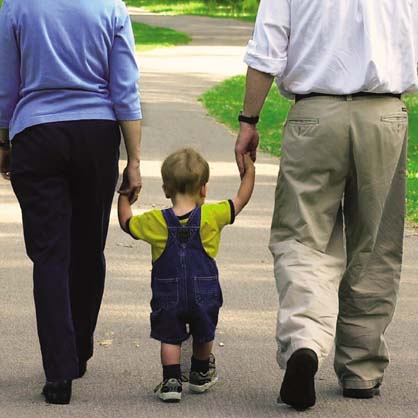 consciously uncoupling, they clearly touched a public nerve. There was immediate sniping from people who seem to prefer celebrity gossip leavened with spite and public histrionics. Critics derided the process Paltrow and Martin are choosing and questioned their motives, and more than one “expert” opined that divorce could not occur without acrimony and anger. I beg to differ.
How cynical has the public discourse become when people would criticize a process of divorce that mindfully strives to create emotional safety for children? What’s to be gained by scoffing at the notion of creating an effective co-parenting relationship? Why is there an automatic assumption that hurt and sadness–even betrayal–must trigger fury and contempt, and that divorce is of necessity an adversarial process?
consciously uncoupling, they clearly touched a public nerve. There was immediate sniping from people who seem to prefer celebrity gossip leavened with spite and public histrionics. Critics derided the process Paltrow and Martin are choosing and questioned their motives, and more than one “expert” opined that divorce could not occur without acrimony and anger. I beg to differ.
How cynical has the public discourse become when people would criticize a process of divorce that mindfully strives to create emotional safety for children? What’s to be gained by scoffing at the notion of creating an effective co-parenting relationship? Why is there an automatic assumption that hurt and sadness–even betrayal–must trigger fury and contempt, and that divorce is of necessity an adversarial process?


